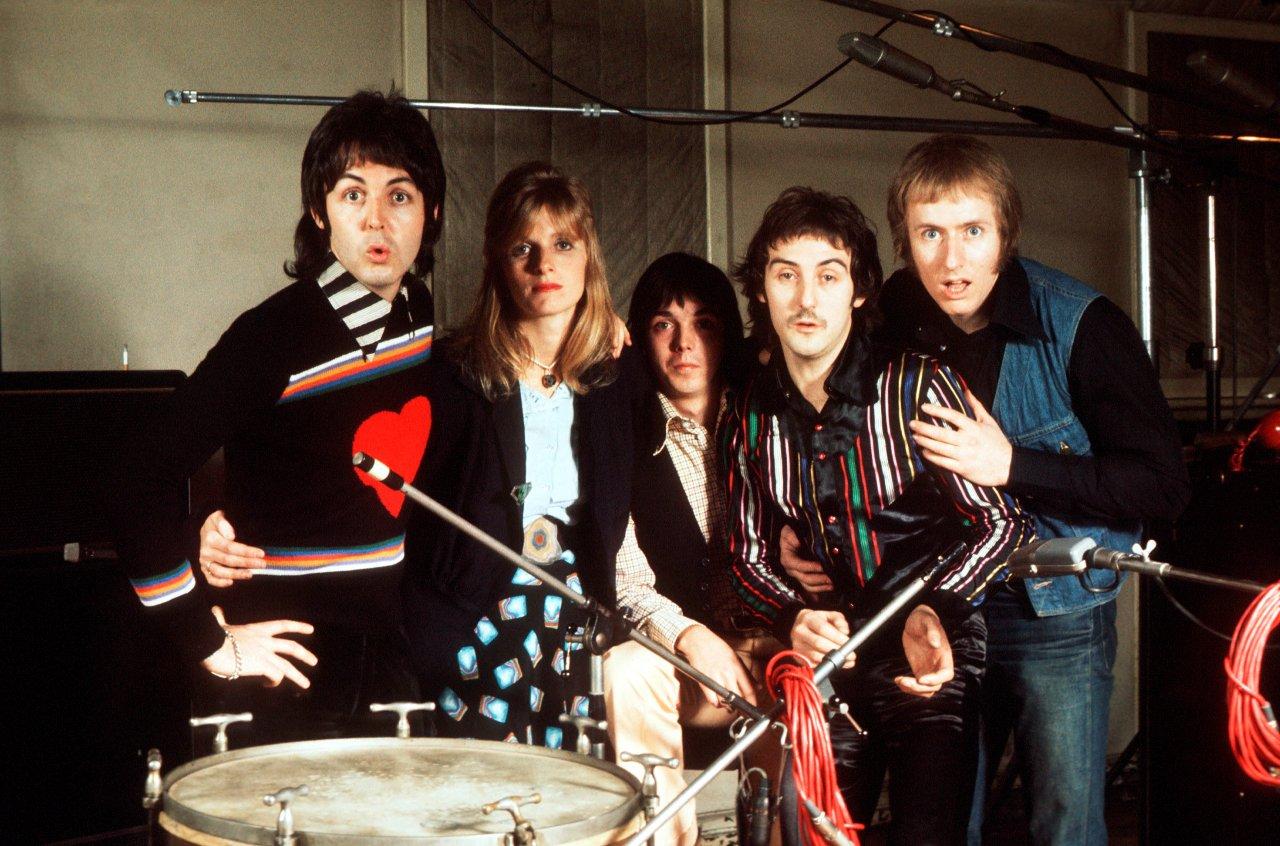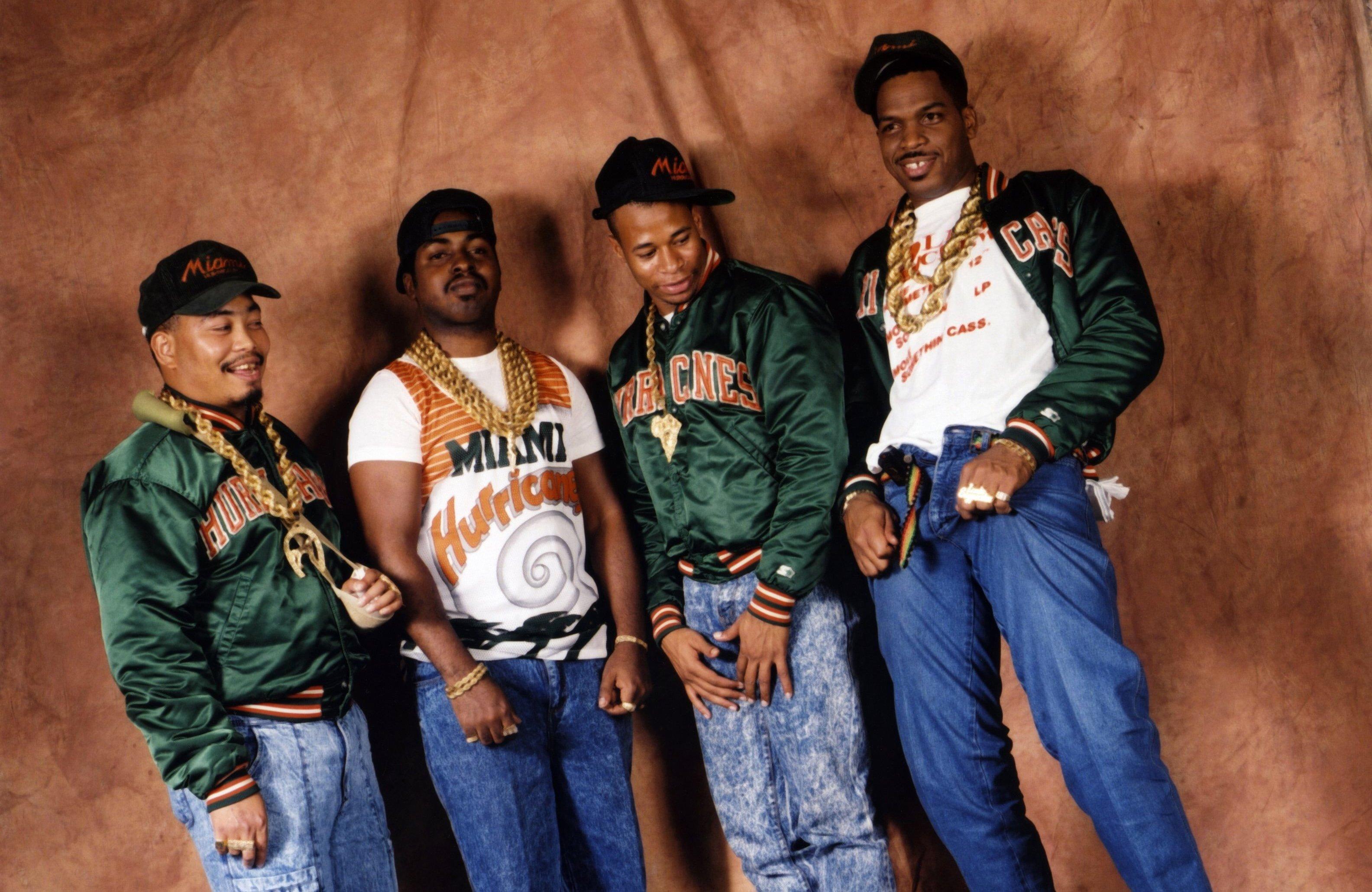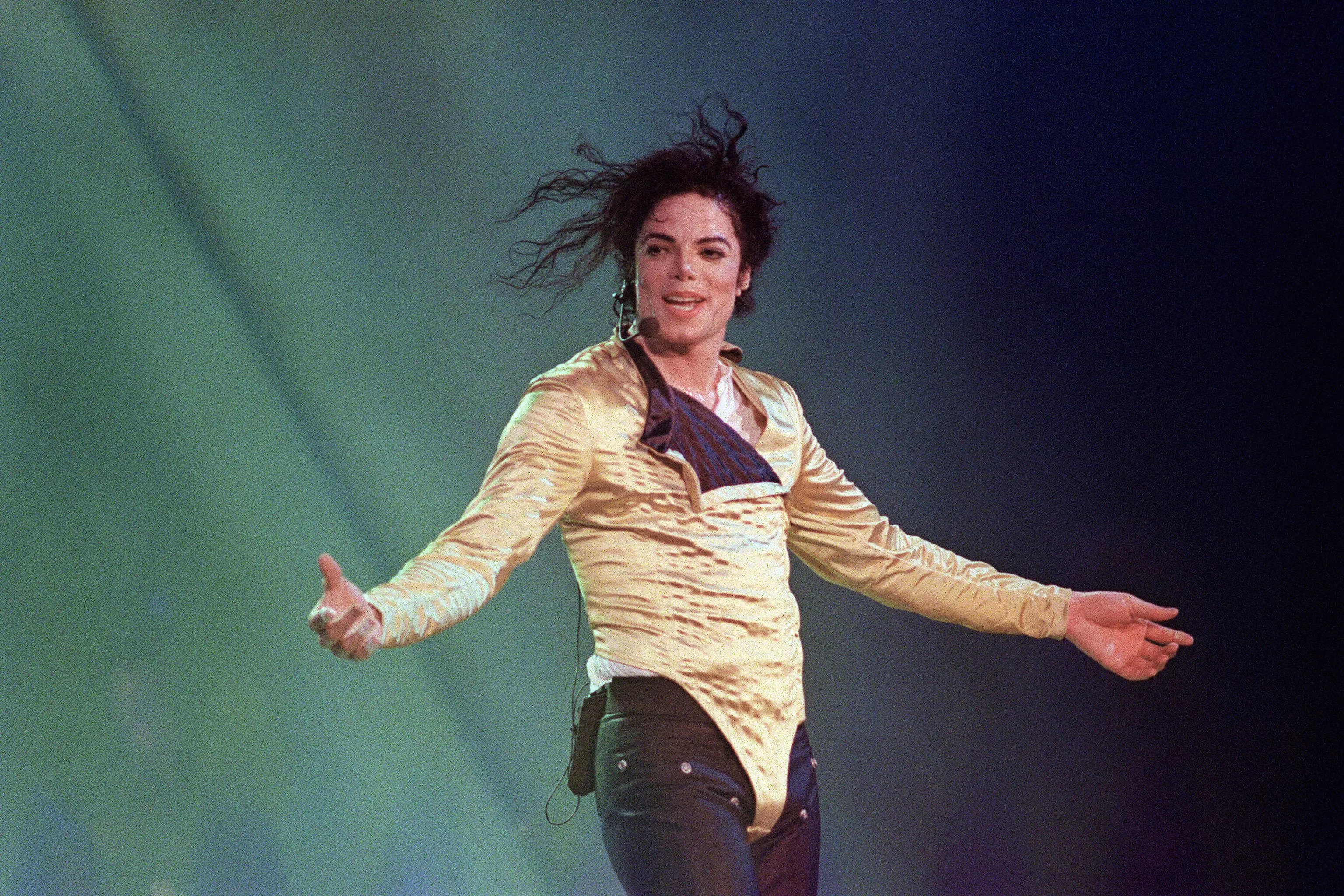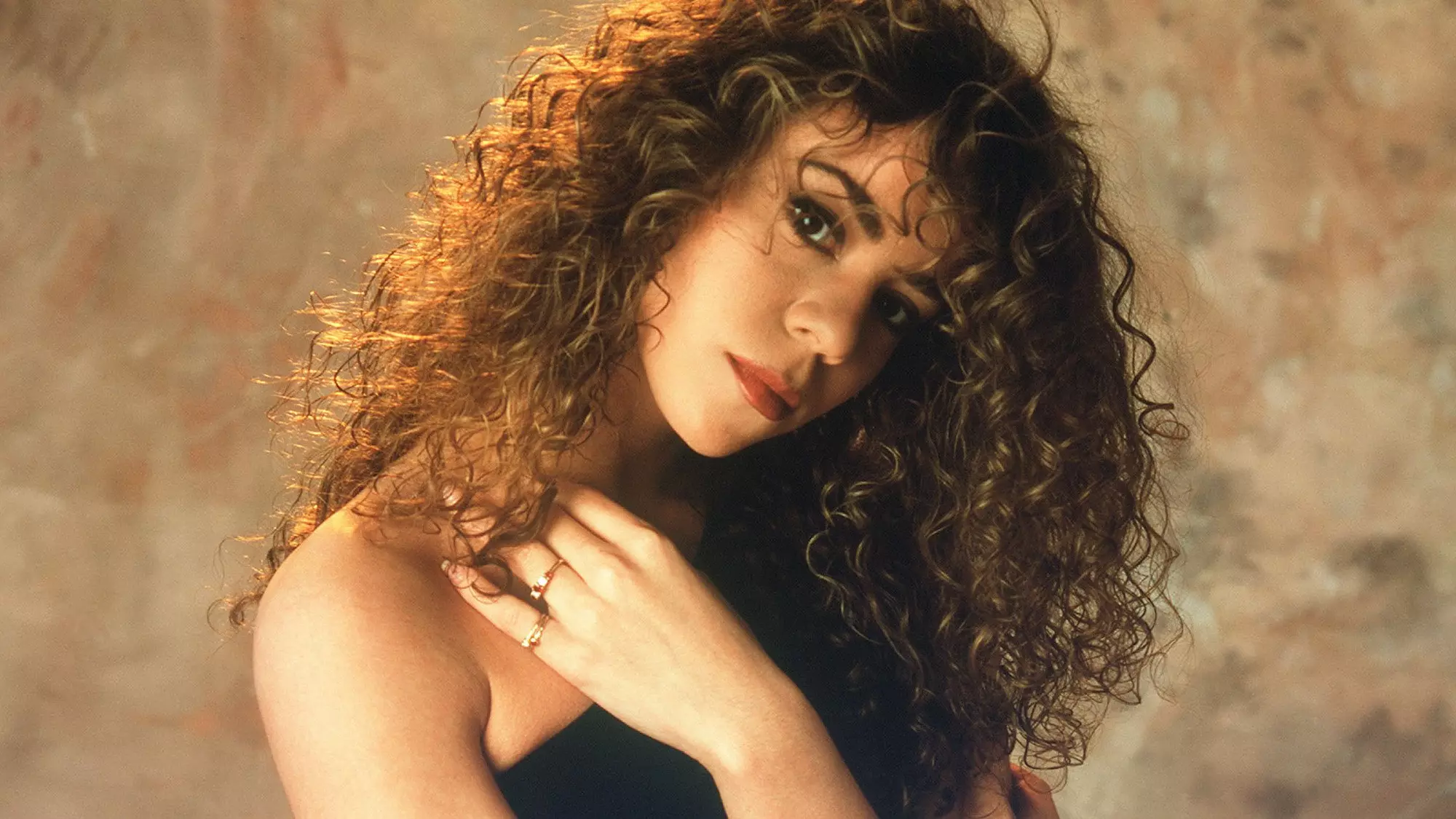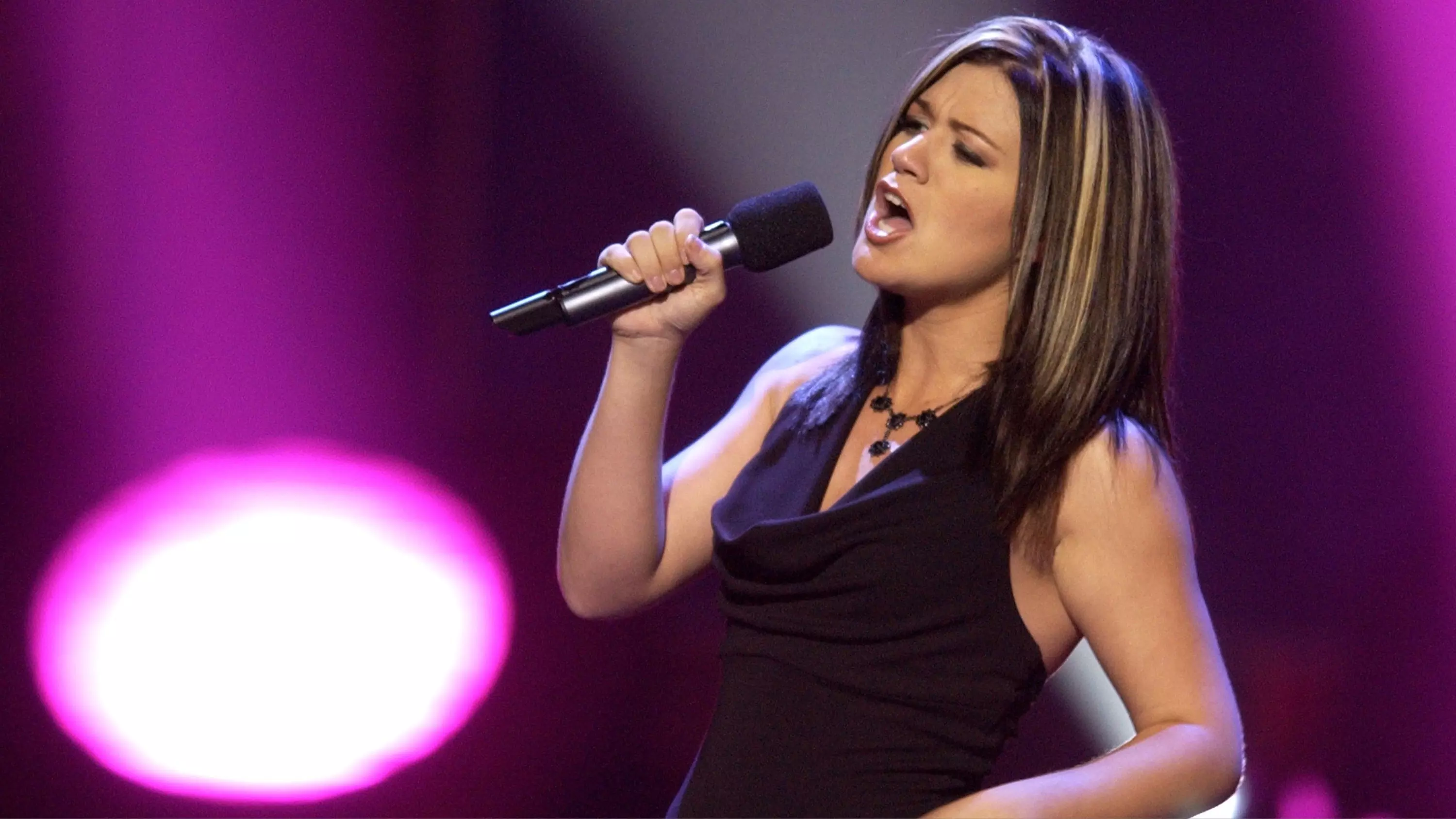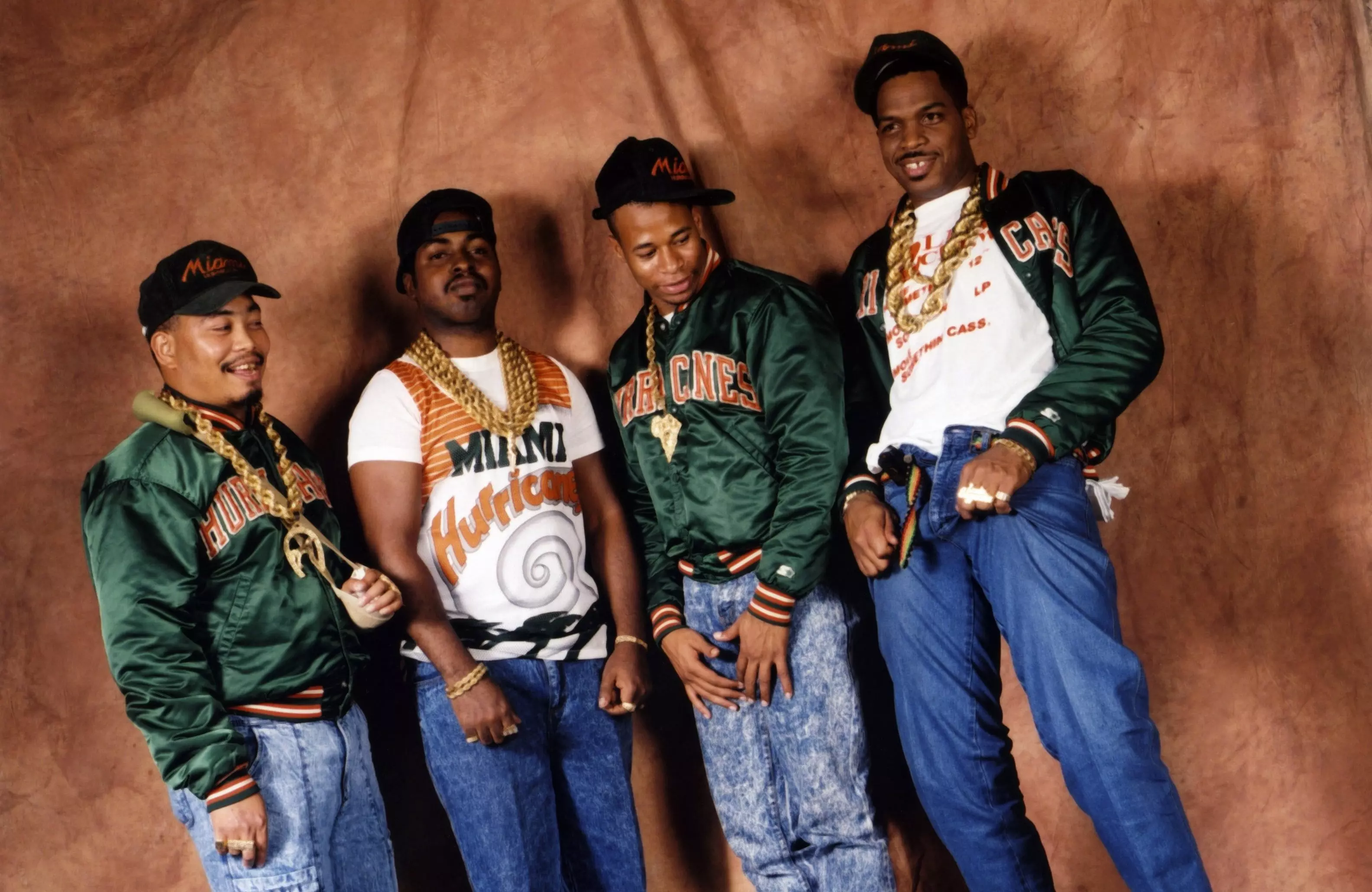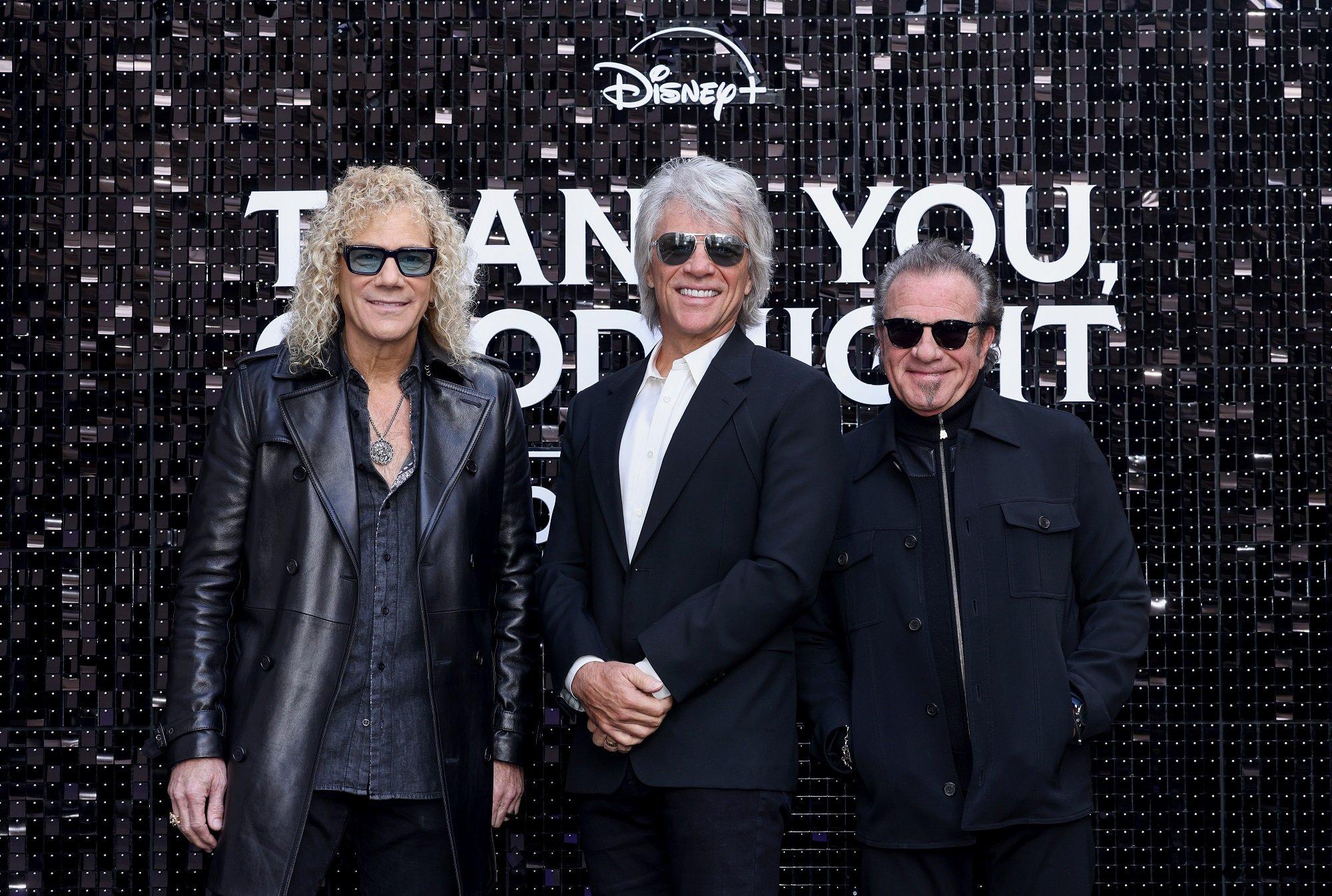Fifty years ago, a record-breaking 600,000 people gathered to see the Grateful Dead, the Allman Brothers Band and the Band play Summer Jam at Watkins Glen. This is just one of many significant historical events that happened in 1973 — a year that changed the way music was seen, heard and experienced.
Ongoing advancements in music-making tech expanded the sound of popular and underground music. New multi-track technology was now standard in recording studios from Los Angeles to London. Artists from a variety of genres experimented with new synthesizers, gadgets like the Mu-Tron III pedal and the Heil Talk Box, and techniques like the use of found sounds.
1973 was also a year of new notables, where now-household names made their debuts. Among these auspicious entries: a blue-collar songwriter from the Jersey Shore, hard-working southern rockers from Jacksonville, Fla. and a sister group from California oozing soul.
Along a well-established format, '73 saw the release of several revolutionary concept records. The Eagles’ Desperado, Pink Floyd’s Dark Side of the Moon, Lou Reed’s Berlin and the Who’s Quadrophenia are just a few examples that illustrate how artists used narrative techniques to explore broader themes and make bigger statements on social, political and economic issues — of which there were many.
On the domestic front, 1973 began with the Supreme Court’s landmark decision in Roe v. Wade. Internationally, the Paris Peace Accords were signed — starting the long process to end the Vietnam War. An Oil crisis caused fuel prices to skyrocket in North America. Richard Nixon started his short-lived second term as president, which was marked by the Watergate scandal.
Politics aside, the third year of the '70s had it all: from classic- and southern-rock to reggae; punk to jazz; soul and R&B to country. Read on for 20 masterful albums with something to say that celebrate their 50th anniversary in 2023.
Band On The Run - Paul McCartney & Wings
Laid down at EMI’s studio in Lagos, Nigeria and released in December 1973, the third studio record by Paul Mcartney & Wings is McCartney’s most successful post-Beatles album. Its hit singles "Jet" and the title cut "Band on the Run" helped make the record the biggest-selling in 1974 in both Australia and Canada.
Band on the Run won a pair of GRAMMYS the following year: Best Vocal Performance by a Duo, Group or Chorus and Best Engineered Recording, Non-Classical. McCartney added a third golden gramophone for this record at the 54th awards celebration when it won Best Historical Album for the 2010 reissue. In 2013, Band on the Run was inducted into the GRAMMY Hall of Fame.
Head Hunters - Herbie Hancock
Released Oct. 13, Herbie Hancock’s Head Hunters was recorded in just one week; its
four songs clock in at just over 40 minutes. That the album was not nominated in the jazz category, but instead Best Pop Instrumental Performance, demonstrates how Hancock was shifting gears.
Head Hunters showed Hancock moving away from traditional instrumentation and playing around with new synthesizer technology — especially the clavinet — and putting together a new band: the Headhunters. Improvisation marks this as a jazz record, but the phrasing, rhythms and dynamics of Hancock’s new quintet makes it equal parts soul and R&B with sprinkles of rock 'n' roll.
The album represented a commercial and artistic breakthrough for Hancock, going gold within months of its release. "Watermelon Man" and "Chameleon," which was nominated for a Best Instrumental GRAMMY Award in 1974, were later both frequently sampled by hip-hop artists in the 1990s.
Greetings From Asbury Park, N.J. - Bruce Springsteen
Bruce Springsteen, 22, was the new kid in town in 1973. This debut was met with tepid reviews. Still, Greetings introduced Springsteen’s talent to craft stories in song and includes many characters The Boss would return to repeatedly in his career. The album kicks off with the singalong "Blinded by the Light," which reached No. 1 on the Billboard 100 four years later via a cover done by Manfred Mann’s Earth Band. This was the first of two records Springsteen released in 1973; The Wild, The Innocent & The E Street Shuffle arrived before the end of the year — officially introducing the E Street Band.
Innervisions - Stevie Wonder
This Stevie Wonder masterpiece shows an artist, in his early 20s, experimenting with new instrumentation such as TONTO (The Original New Timbral Orchestra) — the world’s largest synth — and playing all instruments on the now-anthemic "Higher Ground."
The song reached No.1 on the U.S. Hot R&B Singles Chart, and Innervisions peaked at No. 4. The album won three GRAMMYS the following year, including Album Of The Year. Wonder was the first Black artist to win this coveted golden gramophone. In 1989, Red Hot Chili Peppers kept the original funk, but injected the song with a lot of rock on their cover — the lead single from Mother’s Milk.
The Dark Side Of The Moon - Pink Floyd
Critics perennially place this Pink Floyd album, the band's eighth studio record, as one of the greatest of all-time. The Dark Side of the Moon hit No.1 and stayed on the Billboard charts for 63 weeks.
A sonic masterpiece marked by loops, synths, found sounds, and David Gilmour’s guitar bends, Dark Side of the Moon is also a concept record that explores themes of excessive greed on tracks like "Money." Ironically, an album lambasting consumerism was the top-selling record of the year and has eclipsed 45 million sales worldwide since its release. The album’s cover has also become one of the most recognized in the history of popular music.
Pronounced 'lĕh-'nérd 'skin-'nérd - Lynyrd Skynyrd
This debut release features several of the northern Florida rockers' most beloved songs: "Gimme Three Steps," "Tuesday’s Gone" and "Simple Man." The record, which has since reached two-times platinum status with sales of more than two million, also includes the anthemic "Free Bird," which catapulted them to stardom. The song with its slow-build and definitive guitar solo and jam in the middle became Lynyrd Skynyrd's signature song that ended all their shows; it also became a piece of pop culture with people screaming for this song during concerts by other artists.
Houses Of The Holy - Led Zeppelin
The first Led Zeppelin record of all originals — and the first without a Roman numeral for a title — Houses of the Holy shows a new side of these British hardrockers. Straying from the blues and hard rock of previous records, Houses of the Holy features funk (“The Ocean” and “The Crunge”) and even hints of reggae (“D’Yer Mak’er”). This fifth studio offering from Page, Plant, Jones and Bonham also includes one of this writer’s personal Zeppelin favorites — "Over the Hills and Far Away.” The song was released as the album’s first U.S. single and reached No. 51 on the Billboard charts. Despite mixed reviews from critics, Houses of the Holy eventually achieved Diamond status for sales of more than 10 million. Interesting fact: the song “Houses of the Holy” actually appears on the band’s next record (Physical Graffiti).
Quadrophenia - The Who
The double-album rock opera followed the critical success of Tommy and Who’s Next. Pete Townshend composed all songs on this opus, which was later adapted into a movie. And, in 2015, classically-scored by Townshend’s partner Rachel Fuller for a new generation via a symphonic version (“Classic Quadrophenia”). The story chronicles the life of a young mod named Jimmy who lives in the seaside town of Brighton, England. Jimmy searches for meaning in a life devoid of significance — taking uppers, downers and guzzling gin only to discover nothing fixes his malaise. With sharp-witted songs, Townshend also tackles classicism. His band of musical brothers: Roger Daltrey, John Entwistle and Keith Moon provide some of their finest recorded performances. The album reached second spot on the U.S. Billboard chart.
Berlin - Lou Reed
Produced by Bob Ezrin, Berlin is a metaphor. The divided walled city represents the divisive relationships and the two sides of Reed — on stage and off. The 10 track concept record chronicles a couple’s struggles with drug addiction, meditating on themes of domestic abuse and neglect. As a parent, try to listen to "The Kids" without shedding a tear. While the couple on the record are named Caroline and Jim, those who knew Reed’s volatile nature and drug dependency saw the parallels between this fictionalized narrative and the songwriter’s life.
Catch A Fire - Bob Marley & the Wailers
The original cover was enclosed in a sleeve resembling a Zippo lighter. Only 20,000 of this version were pressed. Even though it was creative and cool, cost-effective it was not — each individual cover had to be hand-riveted. The replacement, which most people know today, introduces reggae poet and prophet Robert Nesta Marley to the world. With a pensive stare and a large spliff in hand, Marley tells you to mellow out and listen to the tough sounds of his island home.
While Bob and his Wailers had been making music for nearly a decade and released several records in Jamaica, Catch a Fire was their coming out party outside the Caribbean. Released in April on Island Records, the feel-good reggae rhythms and Marley’s messages of emancipation resonated with a global audience. A mix of songs of protest ("Slave Driver," "400 years") and love ("Kinky Reggae"), Catch A Fire is also notable for "Stir it Up," a song American singer-songwriter Johnny Nash had made a Top 15 hit the previous year.
The New York Dolls - The New York Dolls
The New York Dolls burst on the club scene in the Big Apple, building a cult following with their frenetic and unpredictable live shows. The Dolls' hard rock sound and f-you attitude waved the punk banner before the genre was coined, and influenced the sound of punk rock for generations. (Bands like the Sex Pistols, the Ramones and KISS, cite the New York Dolls as mentors.) Singer-songwriter Todd Rundgren — who found time to release A Wizard, A True Star this same year — produced this tour de force. From the opening "Personality Crisis," this five-piece beckons you to join this out-of-control train.
Aladdin Sane - David Bowie
This David Bowie record followed the commercial success of The Rise and Fall of Ziggy Stardust & The Spiders from Mars. Many critics unfairly compare the two. A career chameleon, with Aladdin Sane, Bowie shed the Ziggy persona and adopted another alter-ego. The title is a pun that means: "A Lad Insane." For the songwriter, this record represented an attempt to break free from the crazed fandom Ziggy Stardust had created.
A majority of the songs were written the previous year while Bowie toured the United States in support of Ziggy. Journal in hand, the artist traveled from city to city in America and the songs materialized. Most paid homage to what this “insane lad” observed and heard: from debauchery and societal decay ("Cracked Actor") to politics ("Panic in Detroit") to punk music ("Watch That Man"). Top singles on Aladdin Sane were: "The Jean Genie" and "Drive-In Saturday." Both topped the U.K. charts.
Faust IV -Faust
This fourth studio album — and the final release in this incarnation by this experimental avant-garde German ambient band — remains a cult classic. Recorded at the Manor House in Oxfordshire, England (Richard Branson’s new Virgin Records studio and the locale where Mike Oldfield crafted his famous debut Tubular Bells, also released in 1973), Faust IV opens with the epic 11-minute instrumental "Krautrock" — a song that features drones, clusters of tones and sustained notes to create a trance-like vibe. Drums do not appear in the song until after the seven minute mark.
The song is a tongue-in-cheek nod to the genre British journalists coined to describe bands like Faust, which musicians largely did not embrace. The rest of Faust IV is a sonic exploration worthy of repeated listens and a great place to start if you’ve ever wondered what the heck Krautrock is.
Brothers & Sisters - the Allman Brothers Band
Great art is often born from grief, and Brothers & Sisters is exemplary in this way. Founding member Duanne Allman died in 1971 and bassist Berry Oakley followed his bandmate to the grave a year later; he was killed in a motorcycle accident in November 1972. Following this pair of tragedies, the band carried on the only way they knew how: by making music.
With new members hired, Brothers & Sisters was recorded with guitarist Dicky Betts as the new de facto band leader. The Allman Brothers Band’s most commercially successful record leans into country territory from the southern rock of previous releases and features two of the band’s most popular songs: "Ramblin’ Man" and "Jessica." The album went gold within 48 hours of shipping and since has sold more than seven million copies worldwide.
Call Me - Al Green
Call Me is considered one of the greatest soul records of the 20th century and Green’s pièce de résistance. The fact this Al Green album features three Top 10 Billboard singles — "You Ought to Be With Me," "Here I Am" and the title track — helps explain why it remains a masterpiece. Beyond the trio of hits, the soul king shows his versatility by reworking a pair of country songs: Hank Williams’ "I’m so Lonesome I Could Cry," and Willie Nelson’s "Funny How Time Slips Away."
Killing Me Softly - Roberta Flack
This Roberta Flack album was nominated for three GRAMMY Awards and won two: Record Of The Year and Best Female Vocal Pop Performance at the 1974 GRAMMYs (it lost in the Album of the Year category to Innervisions). With equal parts soul and passion, Flack interprets beloved ballads that showcase her talent of taking others’ songs and reinventing them. Producer Joel Dorn assembled the right mix of players to back up Flack — adding to the album’s polished sound. Killing Me Softly has sold more than two million copies and, in 2020, Roberta Flack received the GRAMMY Lifetime Achievement Award.
The album's title cut became a No.1 hit in three countries and, in 1996, the Fugees prominently featured Lauryn Hill on a version that surpassed the original: landing the No.1 spot in 21 countries. The album also includes a pair of well-loved covers: Leonard Cohen’s "Suzanne" and Janis Ian’s wistful "Jesse," which reached No. 30.
Bette Midler - Bette Middler
Co-produced by Arif Mardin and Barry Manilow, the self-titled second studio album by Bette Midler was an easy- listening experience featuring interpretations of both standards and popular songs. Whispers of gospel are mixed with R&B and some boogie-woogie piano, though Midler’s voice is always the star. The record opens with a nod to the Great American Songbook with a reworking of Johnny Mercer and Hoagy Carmichael’s "Skylark." The 10-song collection also features a take on Glenn Miller’s "In the Mood," and a divine cover of Bob Dylan’s "I Shall be Released." The record peaked at No. 6 on the U.S. charts.
Imagination - Gladys Knight & the Pips
Released in October, Imagination was Gladys Knight & the Pips' first album with Buddha Records after leaving Motown, and features the group’s only No. 1 Billboard hit: "Midnight Train to Georgia." The oft-covered tune, which won a GRAMMY the following year, and became the band’s signature, helped the record eclipse a million in sales, but it was not the only single to resonate. Other timeless, chart-topping songs from Imagination include "Best Thing That Ever Happened to Me," and "I’ve Got to Use My Imagination."
The Pointer Sisters - The Pointer Sisters
The three-time GRAMMY-winning Pointer Sisters arrived on the scene in 1973 with this critically-acclaimed self-titled debut. Then a quartet, the group of sisters from Oakland, California made listeners want to shake a tail feather with 10 songs that ranged from boogie-woogie to bebop. Their sisterly harmonies are backed up by the San Francisco blues-funk band the Hoodoo Rhythm Devils. The record opens with "Yes We Can," a hypnotic groove of a song written by Allen Toussaint which was a Top 15 hit alongside another cover, Willie Dixon’s "Wang Dang Doodle."
Behind Closed Doors - Charlie Rich
This pop-leaning country record of orchestral ballads, produced by Billy Sherrill, made Rich rich. The album has surpassed four million in sales and remains one of the genre’s best-loved classics. The album won Charlie Rich a GRAMMY the following year for Best Country Vocal Performance Male and added four Country Music Awards. Behind Closed Doors had several hits, but the title track made the most impact. The song written by Kenny O’Dell, and whose title was inspired by the Watergate scandal, was the first No.1 hit for Rich. It topped the country charts where it spent 20 weeks in 1973. It was also a Billboard crossover hit — reaching No. 15 on the Top 100 and No. 8 on the Adult Contemporary charts.
1972 Was The Most Badass Year In Latin Music: 11 Essential Albums From Willie Colón, Celia Cruz, Juan Gabriel & Others

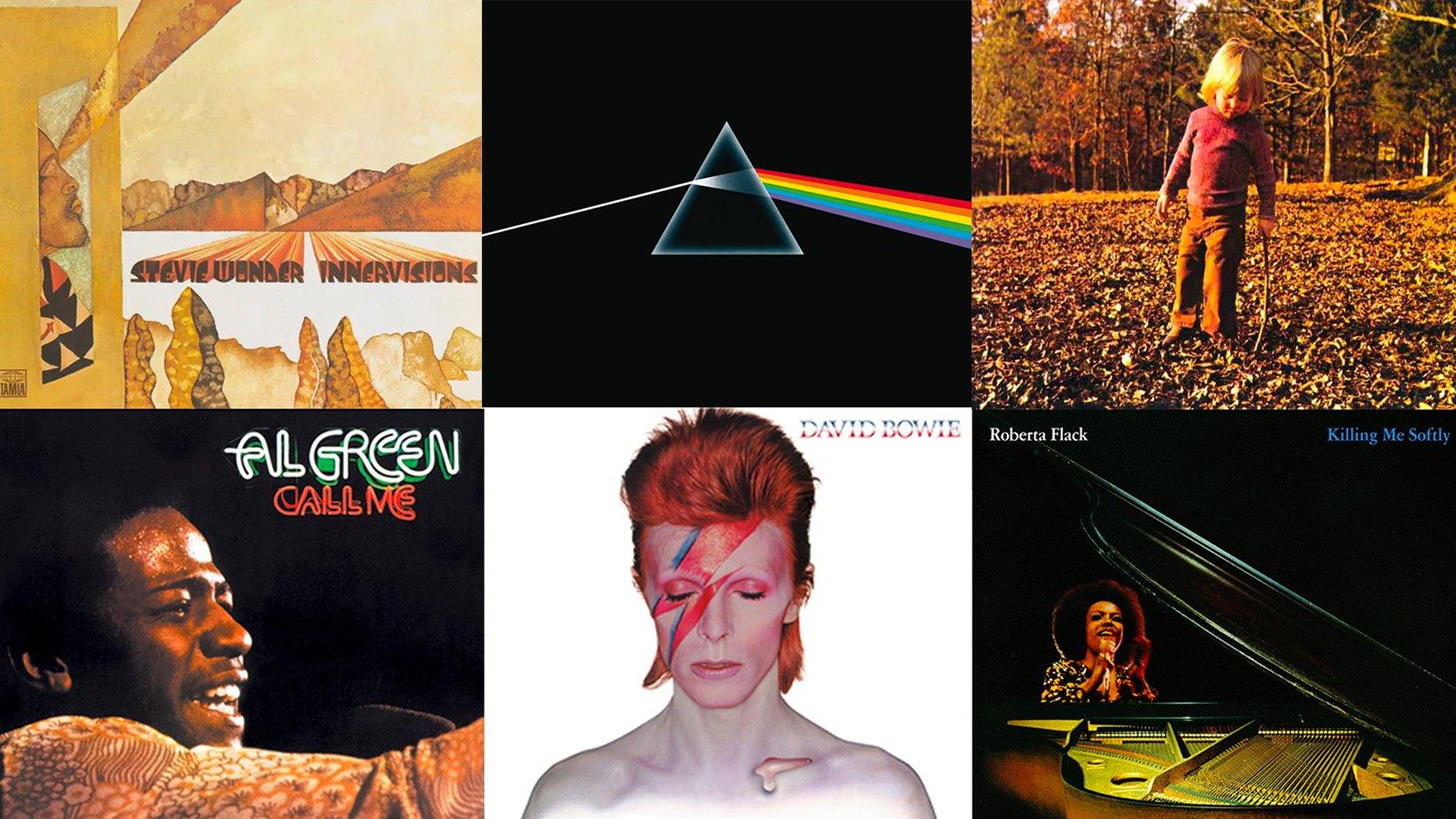

.webp)




